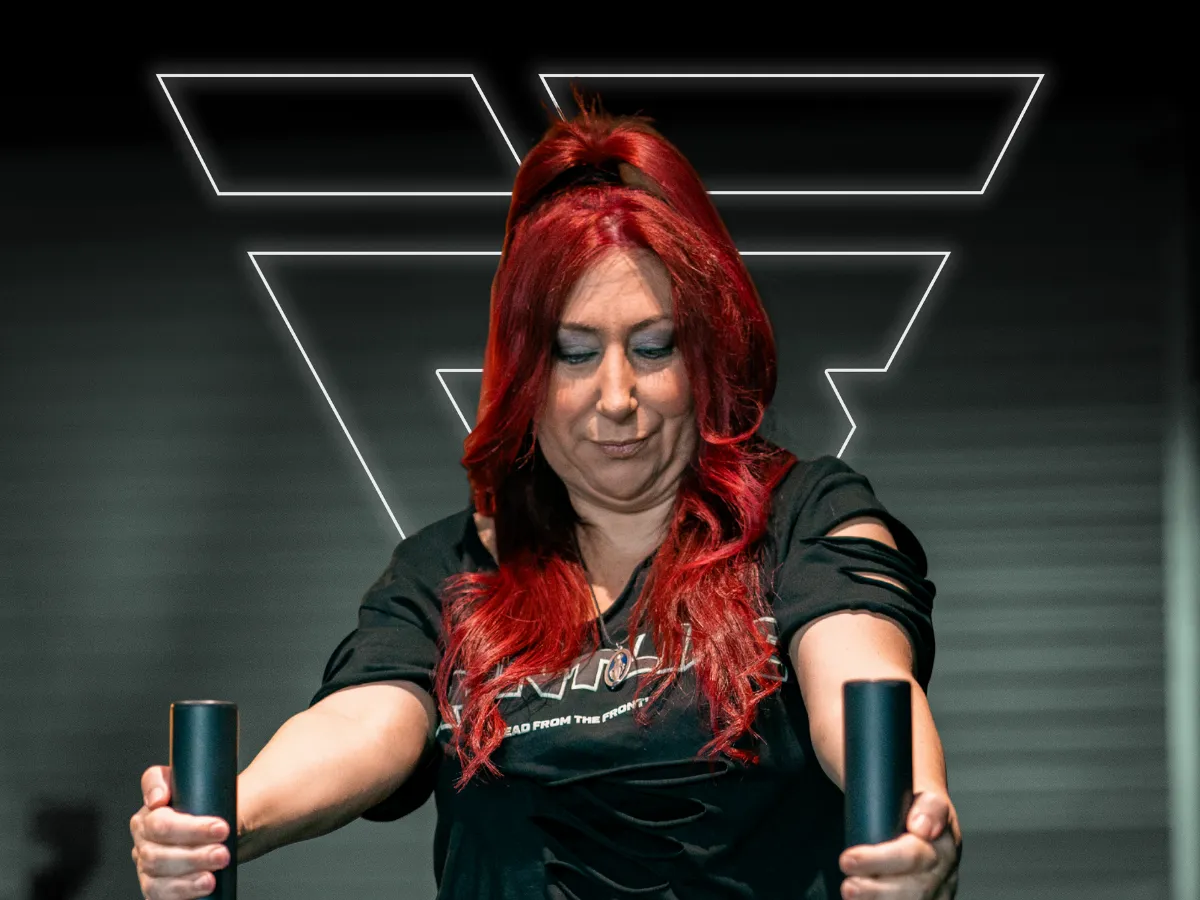
CARBS. Are they the enemy?
How much rice can i have?
Is Brown better than White rice?
Should i stop eating carbs at 6pm?
We have all asked ourselves or asked someone these questions and more. I have been asked many of these throughout my career. Although, if you are reading this today you will be less intimidated by carbs. Be friends with them and appreciate what they do for us.
WHAT IS A CARB?
Carbohydrate is our body's primary source of energy. Unlike protein and fats, carbohydrates do not provide us with essential amino acids or fatty acids therefore making them a NON essential macronutrient (Still doesn't mean we don't eat them)
Just because they are not classified as "essential" does not mean that they aren't essential for life and survival. All it means is that the body can convert or create it via other nutrients and isn't essential to consume a certain amount throughout the diet.
Now with all that out of the way we can actually go into what carbs do for us and finalise the evilness that has been placed upon our beloved carbs.
CARBS - They are tasty, but what happens when we consume it?
Once digestion of the carb occurs, it is then stored in the body as glycogen. Two targeted areas are the liver or muscle tissue.
With that being said, we can also have a very small amount of carbohydrates (5-10g) floating around the bloodstream. This is classified as blood glucose.
Now if you are thinking "carbs get stored as fat" we will need to change this though process immediately. Many low-carb advocates will promote the fact that carbs get stored as fat, well it doesn't quite go like that.
Carbohydrates that aren't stored as glycogen or utilised immediately for energy, can potentially be converted into body-fat.
For this to occur, the body must go through a process called "lipogenesis" which is a term that basically means "the creation of fatty acids by non fat substrates".
But, there is no way for carbs to be stored as fat immediately. FAT is FAT, CARBS are CARBS. It sounds like common sense right?
Well that is unfortunately lacked in this day and age as the media can put a large influence on us.
So, the question we should be asking is how do we prevent lipogenesis occurring?
Simple, we will need to limit our calorie consumption to what we only are required for the goal at hand and reducing carbs to only what is needed.
Remember, sometimes too much of a good thing can work in reverse.
This is why when we prescribe macronutrients to clients, we ALWAYS allocate the needed amount of protein and fats first, then we give the remaining calories to carbs.
HOW MUCH CARBS & THE TIMING OF CARBS
When it comes to carbs and understanding how much to consume, a good place to start would be:
(~50g minimum)
- Low Training Days/Rest Days: 1-2g/kg Bodyweight
- Lower Volume Training Days: 2-3g/kg Bodyweight
- Higher Volume Training Days: 3-4g/kg Bodyweight
The timing of carbs won't matter as much if you are consuming 400g+ per day as you are probably eating carbs in every meal.
Although, if you are deep into a fat loss phase and scrapping in the carbs timing will matter.
So, the biasing of carbs around training will matter. Ensuring carbs are consumed 1-3 hours prior to training for performance benefits is important. With consumption prior to training, you will have readily available blood glucose in the system to be utilise for your training.
With that said, post training is just as important. Carbs will replenish any lost glycogen stores which can aid in muscle repair and also with the consumption of carbs post workout this can aid in reducing the cortisol (stress hormone) spike from the demands of training and shifting us into a more para-sympathetic nervous system.
LET'S PUT A WRAP ON THIS
So with all this being said here are the key take away points:
- Carbs primary role in the body is energy, preferably for anaerobic exercise.
- Carbs can not be stored as fat instantly. It needs to go through a process which will be difficult if calories are controlled.
- The timing of the carb isn't necessary unless you are in a fat loss phase. Utilise the carbs wisely.
